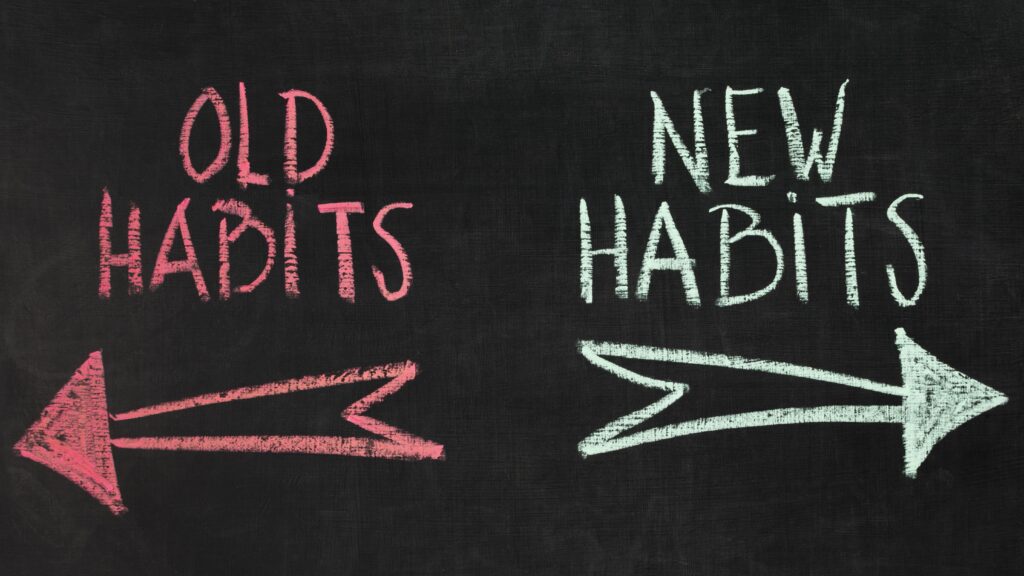
Well, we can finally say (with no small amount of relief) that 2020 is over! The bar is low, which means that all 2021 has to do is be better than 2020—an easy feat. Now that the New Year is starting, everyone is making New Years’ resolutions. Though these resolutions might be as simple as, “Survive,” they are still an important commitment to avoid falling into bad habits. Just making the resolution is the first step.
In this article, we’ll talk about some of the bad habits that often affect the legal aspects of your life, especially your estate plan. Being aware of these habits is the first step to changing them.
Bad Habits to Watch
Procrastination
Procrastination is a problem for a lot of people. It might be a small comfort to know that probably over half the population struggles with putting things off that they shouldn’t. In estate planning, procrastination can be really damaging.
The damage in this field is caused by the fact that you can wait too long to do something. If you procrastinate on picking a power of attorney or setting up a healthcare directive, and you get sick, things will become much more difficult for you than they would have been, had you gotten around to it earlier.
Here are five tips from Inc.com to beat procrastination:
1. Start easy. That helps you build momentum, and you’re more likely to finish a job if you get over the beginning hump than if you never start at all.
2. Break it down. Big tasks get easier when you disassemble them into smaller steps.
3. Be nice to yourself. Strictness doesn’t always help—what’s done is done, it’s time to move on. Don’t beat yourself up for past procrastination.
4. Know “why.” Is there a particular reason you’re procrastinating this task? Getting an answer to that question might make it easier to finish.
5. Be mindful. Don’t dwell on perfectionism or fear of failure. Doubt the doubts.
Don’t Ignore Your “Future Self”
Particularly if you’re currently in good health, it can be easy to ignore a future where you are sick or bedridden. That is not a good idea. As 2020 taught us, you can’t disregard the unexpected by assuming it won’t happen to you. Picking a power of attorney and getting together an estate plan will benefit a “future” you…but that future you might not be so far off as you think.
“Wait and See” Attitude
A good example of this one relates to marriage and divorce. If you have an estate plan and someone marries into your family, you might decide to wait and see if the marriage works before you add them into your asset division.
While that is a sensible approach, we have a word of caution. “Wait and see” can easily lead to forgetting or procrastinating. Ten or fifteen years down the line, you might forget that you planned to return to the estate plan, and that could leave your new family member in a bind.
Not Taking Estate Planning Seriously
This habit is commonly seen among younger people. If you’re under fifty, you might view estate planning as something that’s only good for older generations. However, that’s not the case. As we have said earlier in this article, 2020 proved that anything can happen. Betting on your current healthy status is not quite such a sure thing as you may think. It’s best to spend the money necessary to meet with an attorney and get an estate plan together. This is doubly important if you have or are planning to have kids.
DIY-ing It
Sites that allow you to fill out your own legal paperwork are, arguably, convenient, but are they accurate? The law is filled with little technicalities. On these websites themselves, they acknowledge that, often stating at the bottom (in small print), that they’re “not a substitute” for an actual attorney’s legal advice.
These main bad habits might not be too hard to break, but, if you’re not aware of them, they definitely will be. In estate planning, these five are all too common. In 2021, let’s leave these back with the rest of 2020.
Want to learn more about planning? Visit our website and get more details.